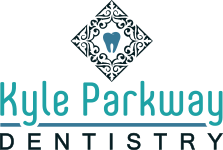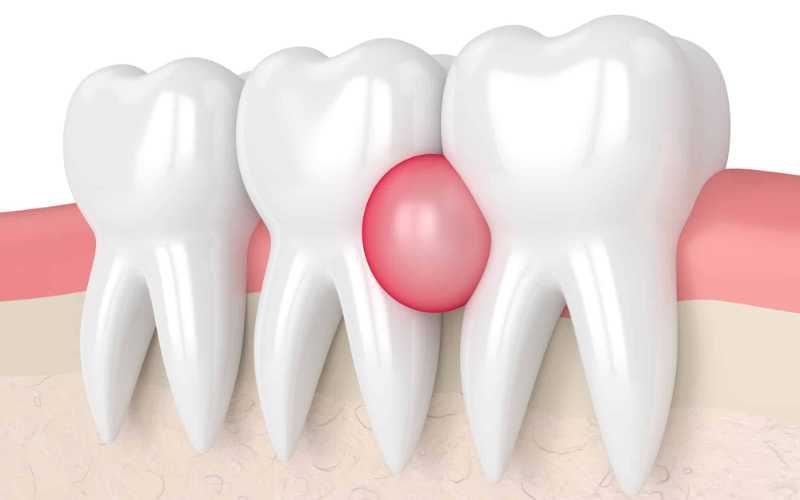How to Manage Dental Anxiety During a Dental Emergency?

Dental anxiety is common, especially when faced with an unexpected dental emergency. Many people feel anxious when they need urgent dental care, but knowing how to manage this anxiety can make a big difference. In this blog, we’ll discuss practical ways to stay calm and confident when you need to see an emergency dentist.
Understanding Dental Anxiety
Dental anxiety can range from mild discomfort to full-blown panic. The fear often stems from past negative experiences or the unknown aspects of dental procedures. Anxiety can be intensified during a dental emergency as urgency and uncertainty create additional stress. However, you can overcome this by using several strategies that help manage your fear.
Step 1: Stay Calm and Breathe
The first step in managing dental anxiety is staying calm. Take slow, deep breaths to relax. Inhale through your nose and exhale through your mouth. Breathing helps lower your heart rate and reduces the feeling of panic. Focusing on your breath also distracts you from the situation, helping to ease your mind.
Step 2: Talk to Your Emergency Dentist
Communication is key when you’re feeling anxious. Be honest with your emergency dentist about your fear. Any qualified dentist in Kyle will listen to and address your concerns. They can explain each procedure step so you know what to expect. Knowing what’s coming next can provide reassurance and help you feel more in control.
Step 3: Consider Sedation Options
Many emergency dentists offer sedation options to help ease anxiety during procedures. Sedation can range from mild options, like laughing gas, to more potent methods, such as oral sedatives or IV sedation. Talk to your dentist about what’s available and choose an option that suits your comfort level. Sedation can make the experience less stressful and more manageable.
Step 4: Bring a Friend or Family Member
Having a supportive friend or family member with you during the visit can reduce anxiety. They can provide comfort and reassurance. Knowing someone you trust is by your side can make you feel more at ease. Don’t hesitate to ask a loved one to accompany you to your emergency dental appointment.
Step 5: Practice Relaxation Techniques Before the Appointment
Before you even visit the dentist, consider practicing relaxation techniques. Meditation, visualization, or listening to calming music can reduce your overall anxiety levels. You can use these techniques before your appointment to prepare mentally. Feeling more relaxed going into your appointment will make it easier to manage your anxiety when the time comes.
Step 6: Stay Positive
Try to focus on the positives of the situation. While dental emergencies can be stressful, remember that the visit is a step toward relief. Your emergency dentist is there to help you heal and get back to normal. By staying positive and focusing on the outcome, you can reduce feelings of fear and uncertainty.
Step 7: Ask About Pain Management Options
Fear of pain is another common reason for dental anxiety. If you are worried about pain during your emergency dental procedure, ask your dentist about pain management options. Most dentists offer effective numbing treatments or local anesthesia to ensure you remain comfortable throughout the procedure. Knowing that pain will be minimized can ease your anxiety significantly.
Step 8: Follow Aftercare Instructions Carefully
Once your dental emergency is treated, follow your dentist’s aftercare instructions carefully. Managing any discomfort or potential complications after the procedure is essential. Following these instructions can reduce the chances of another emergency and prevent unnecessary stress in the future.
You Don’t Have to Face Dental Anxiety Alone
Managing dental anxiety during a dental emergency is possible with the right strategies. Stay calm, communicate with your emergency dentist, and explore sedation options if needed. The most important thing is to seek help from a professional when facing a dental emergency. With their support, your anxiety can be managed, allowing you to focus on healing and recovery. Don’t let fear keep you from getting the care you need. Contact an emergency dentist and take the first step toward managing your dental health.







